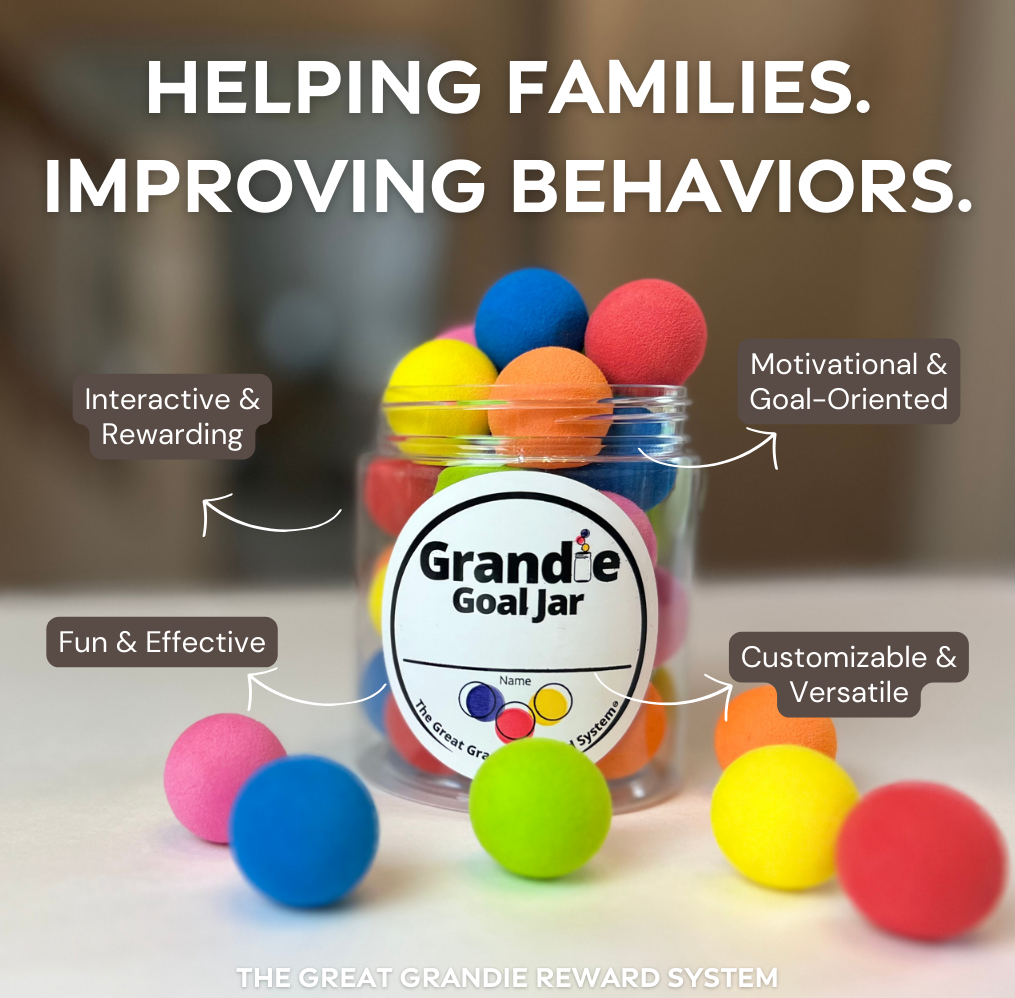Offering insights on reducing defiant behavior by adjusting communication strategies.
Communication Strategies: Parenting is a rewarding journey, but it often involves facing defiance from our children. It’s natural for kids to push boundaries, seek independence, and sometimes respond with a resounding “No.” However, there are strategies that can help parents transform those defiant moments into positive opportunities for growth and cooperation. In this blog post, we’ll explore effective techniques to minimize defiance and create more harmonious interactions with our children.
Understanding Defiance
Before diving into strategies, it’s important to understand why defiance occurs. Children often resist when they feel misunderstood, powerless, or unheard. It can also be a way to test boundaries or assert independence. Recognizing the underlying causes is the first step in addressing defiance.
1. Empathetic Listening
Start by actively listening to your child’s perspective. Show empathy and understanding. When children feel heard, they’re more likely to cooperate.
2. Offer Choices
Give your child a sense of control by offering choices. For example, “Would you like to do your homework before or after dinner?” This empowers them within set boundaries.
3. Use Positive Language
Instead of saying, “No, you can’t have that,” try, “Yes, you can have it after you finish your chores.” Positive language guides behavior without creating resistance.
4. Validate Emotions
Acknowledge your child’s feelings. Saying, “I can see you’re upset about this” shows you understand, even if you can’t always say yes.
5. Set Clear Expectations
Establish clear rules and expectations. When children know what’s expected, they’re less likely to test boundaries.
6. Avoid Power Struggles
Choose your battles wisely. Some issues are non-negotiable, but not everything needs to be a power struggle.
7. The Grandie Reward System
Consider incorporating The Great Grandie Reward System. It provides a tangible way to celebrate positive behavior and encourages cooperation.
8. Consistency is Key
Be consistent in your responses to defiance. Children thrive on routine and predictability.
9. Teach Problem-Solving
Encourage your child to think of solutions. Ask, “How can we solve this problem together?” This promotes responsibility.
10. Positive Reinforcement
Praise and reward good behavior. Positive reinforcement is a powerful motivator.
Conclusion
Minimizing defiance requires patience, empathy, and effective communication. By understanding the underlying causes of defiance, actively listening, offering choices, using positive language, validating emotions, setting clear expectations, avoiding power struggles, being consistent, teaching problem-solving, and using positive reinforcement, parents can create an environment where defiance diminishes. The Great Grandie Reward System is an additional tool that adds a tangible, celebratory element to this journey, further encouraging cooperation and positive behavior. Remember, transforming “No” into “Yes” is not just about getting your child to comply but fostering a sense of understanding, trust, and cooperation in your parent-child relationship.






